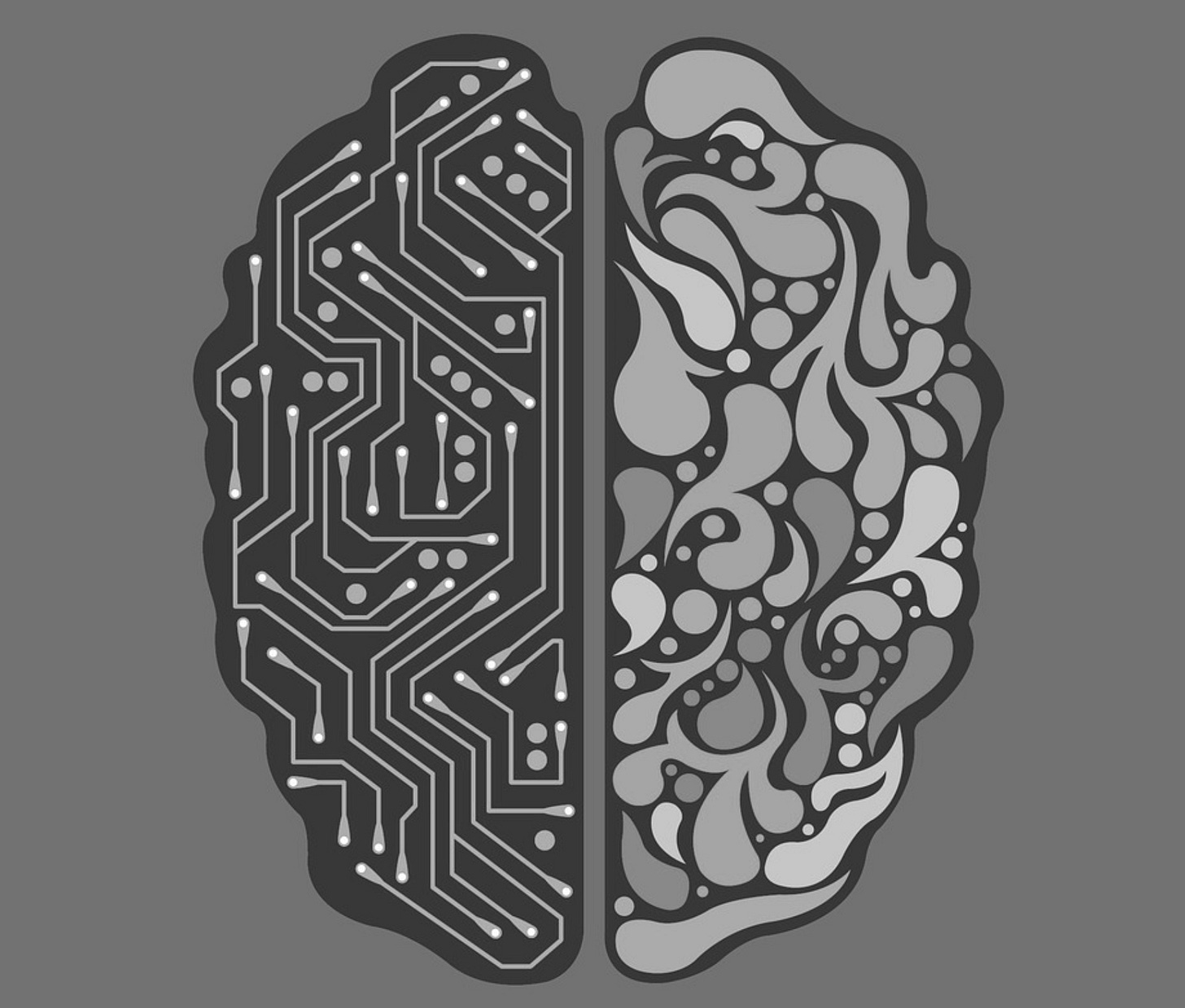Tip: More ChatGPT
If you aren't concerned about how your students are using ChatGPT...what about how your colleagues might be using it?
A couple of weeks ago I shared some resources about AI-enhanced content production in relation to our students and our classes - and just recently added to that post with some new resources, so it might be worth a second look. I was, I admit, surprised to see that so many readers were planning on using AI this semester, or open to the idea.
Should you use AI tools?
I think concerns about students using AI to help them complete assignments can be addressed, at least in most cases, with changes to the design of assignments. Views on students using ChatGPT seem to span the range from considering it plagiarism to allowing students to cite ChatGPT as a source (as International Baccalaureate is doing) to encouraging students to use it at various points in the writing process.
“When AI can essentially write an essay at the touch of a button, we need our pupils to master different skills, such as understanding if the essay is any good or if it has missed context, has used biased data or if it is lacking in creativity. These will be far more important skills than writing an essay, so the assessment tasks we set will need to reflect this.” -ChatGPT allowed in International Baccalaureate essays
A new concern that I’ve seen popping up over the past couple weeks is about academics using AI to generate work - from providing feedback to students to writing lesson plans and even drafting journal articles.
How Professors Can Use AI to Improve Their Teaching In Real Time
The potential of artificial intelligence in assessment feedback
Best Practices for Using AI When Writing Scientific Manuscripts
In a recent discussion with some colleagues about ChatGPT, none of the folks in the discussion were overly concerned about their students’ use of AI-enhanced content being submitted as their own work. They were really interested in discussing the use of AI-enhanced writing in non-classroom contexts - specifically, how faculty might be using AI to write. I imagine it won’t be long before we start seeing more discussions of AI-enhanced writing in journal submissions, research and grant proposals, and other other writing tasks. There’s little, if any, institutional guidance in any of these areas right now, so it comes down to our personal ethics: What is acceptable use? Where should we draw the line?
Is it okay to ask ChatGPT to trim an abstract from 300 to 250 words? To write a creative titles for a paper? To format references? These are all things that ChatGPT can do, and decently well, it seems. There are other tools, that have been around for longer, to do the same things.
What about doing things we might otherwise pay someone - an expert - to do? I use freely available images for Tips, for example, but would love to be able to pay an artist to create custom graphics. I could use AI image generators to create images that I could use freely, without attribution; for that matter, I could give myself attribution as the “creator” of the image.
Thinking about using AI tools?
If you’re thinking about whether or how to use AI to help generate academic content, here are some resources that might be helpful:
Creating a collection of 101 creative ideas to use AI in education - read through (and submit to) a collection AI ideas
Video (~45 min) on using ChatGPT for writing up research
Video (~17 min) focused on writing literature reviews in the sciences
I would love to hear your thoughts - have you found ways to use ChatGPT or other AI tools to support your work? How are you making decisions about how to use the tools?






